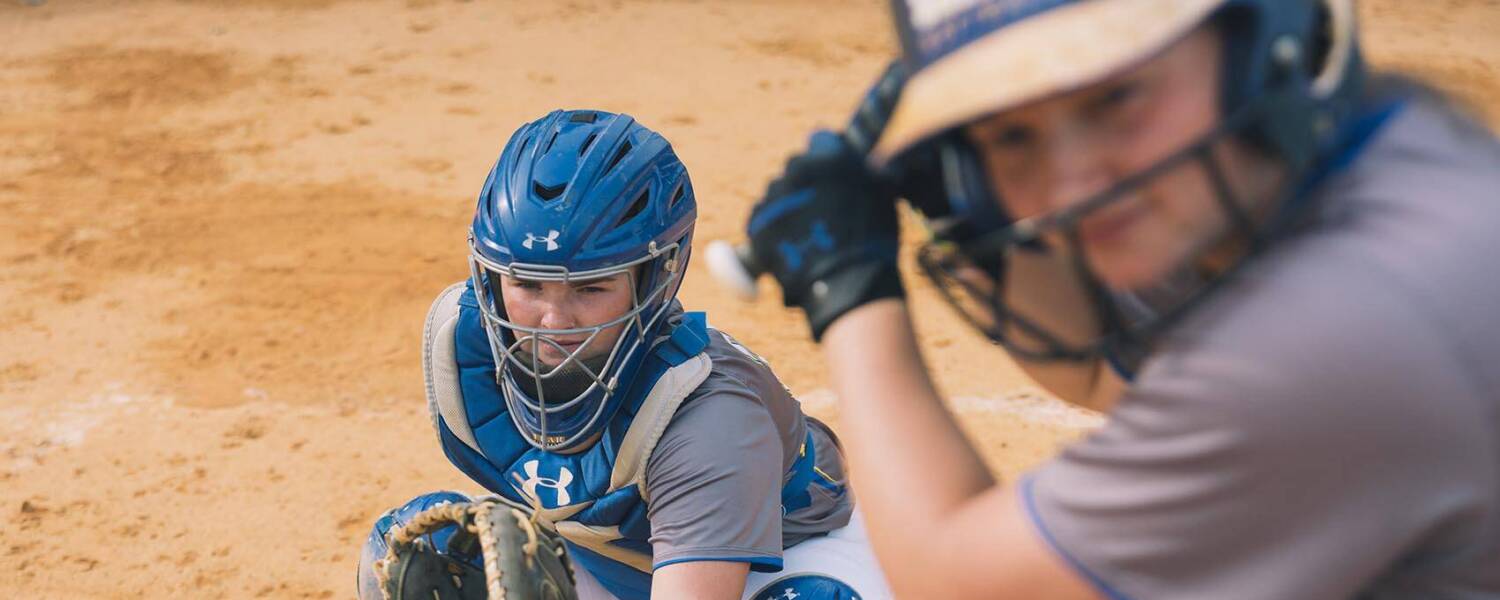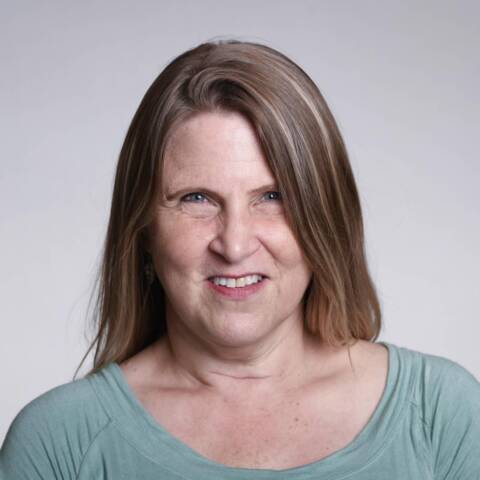Academic Programs
Exercise Science

Many students take exercise science classes because they enjoy sports, and while exercise science is certainly fun, it’s also a great deal more. Exercise science at Salem is the in-depth study of physical activity and its effect on the health and well-being of individuals and communities. As a women’s college we approach our study of human movement holistically through the life sciences, social sciences and humanities, with women’s experiences in physical activity woven throughout the curriculum. When paired with a business administration minor, this is an excellent path for students desiring to explore entrepreneurship in health. Salem offers a bachelor of science in exercise science, a bachelor of arts in exercise science, and a minor in coaching.
Student Experience
Students in the exercise science program learn the science behind sport, physical activity and exercise while developing real-world, practical skills through hands-on work. In addition, students learn the health-related and skill-related components of fitness and how to assess, evaluate and prescribe exercise programs. As a result, they have a solid foundation in the science of how the body moves acutely and the chronic effects of exercise on the body. They also become proficient with industry specific terminology, equipment and technology. Before graduation, students must pull together all of this foundational work and complete at least one internship. Recent students have completed internships in coaching, sports management, counseling, physical activity research and physical and occupational therapy.
Health Leadership Highlights
- In the exercise science program, health leadership is woven throughout the curriculum.
- In particular, exercise physiology, care and prevention of athletic injuries, biomechanics and anatomy and physiology require students to learn and apply essential health content.
- Exercise science recognizes that healthy communities depend on promoting the health of individuals. The promotion of health relies on leadership characteristics that are developed across the curriculum and co-curriculum. Our graduates have sufficient knowledge and skills to model and promote healthy behaviors and physical activity.
Jobs and Outcomes
With this degree, students are equipped to work in numerous fields encompassing health and fitness, wellness and sports medicine. Those jobs include:
- Personal trainers
- Exercise physiologists
- Wellness coaches and coordinators
With focused coursework and Salem’s individualized academic advising, our graduates are prepared for graduate school in health-related programs such as physical therapy, occupational therapy, physician assistant or associate and athletic training.
Program Leadership

